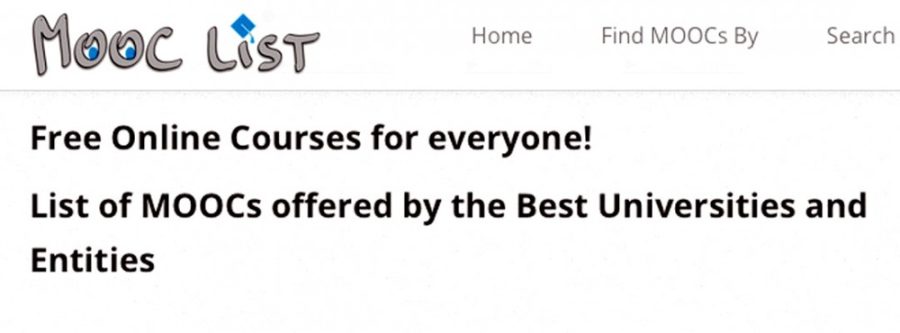As Massively Open Online Courses grow in popularity across the nation, the UA currently has two professors who have developed a MOOC.
One MOOC is taught and developed by astronomy professor Chris Impey, and another is being developed by chemistry professor Katrina Miranda.
MOOCs are specifically designed for those hoping to further their education for their own benefit rather than with the goal of obtaining a college degree.
They comprise a kind of no-strings-attached education, wherein the student has virtually nothing to lose. Most classes are free, and students can pick and choose what they want to learn and how much effort they want to put into the class. There is no obligation to finish a class, so a student could sign up for a class with the sole intent of using it to study for an exam or prepare for a presentation.
Impey developed a MOOC to teach Astronomy — State of the Art through Udemy. Impey said his course was not designed for advanced astronomers, but is intended for anyone who wants to learn more about astronomy.
“[MOOCs are] a way to reach a large number of people, even people outside of the U.S.,” Impey said. “About half of the people in my class are from different countries.”
MOOCs offer online classes from elite universities, many of which are offered free of charge. These classes are open to virtually anyone and were designed with the idea that anyone from anywhere could obtain some sort of higher education, even someone in a distant country. Currently, the average MOOC student is a young white American man who already has a bachelor’s degree and a full-time job, according to The New York Times.
The New York Times also stated that eight out of every 10 students enrolled in MOOCs being offered by University of Michigan and University of Pennsylvania in 2012-2013 had previously earned a degree of some kind.
Coursera and edX, the two main MOOC providers, strive to offer elite education to the general public free of charge with the goal of driving down college tuition costs. While MOOCs are known for being free, currently, those enrolled in MOOCs cannot earn a degree from a real institution of higher education.
The edX website stated that “Universities do not offer formal academic credit for edX coursework and do not certify that MOOC students have met the same requirements as matriculated students taking the original course on which the MOOC is based.”
MOOCs are designed for ease of use. Anyone interested in taking a class can view a course selection, enter a minimal amount of personal information and be registered to take an online course from an elite university, such as Harvard University or the Massachusetts Institute of Technology, in less than five minutes.
Jordan Staab, a journalism freshman, said she would be willing to try out a MOOC.
“I would sign up to take a course if it could help me on an exam for a course here at the [UA],” Staab said. “It’s free of charge, so that would be super helpful. I would definitely take advantage of it if I could get an actual degree.”
_______________
Follow Holly Halstead on Twitter.









